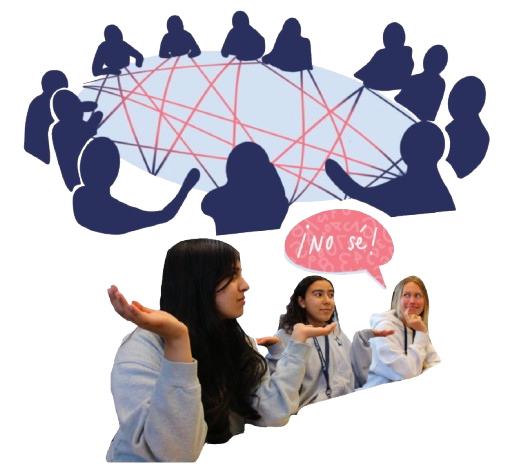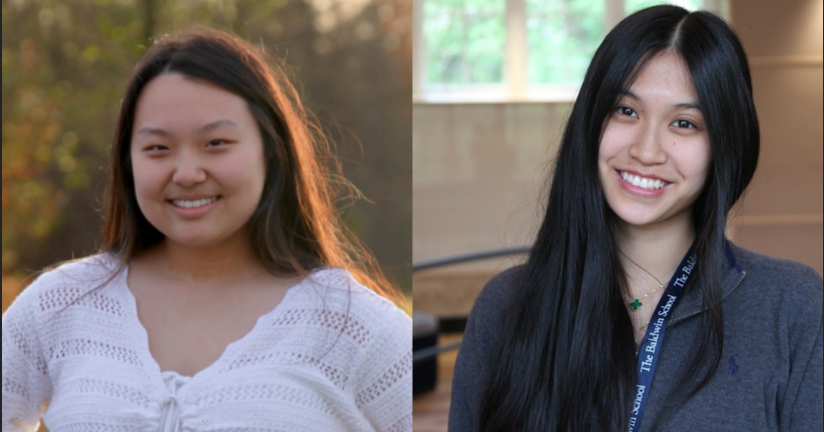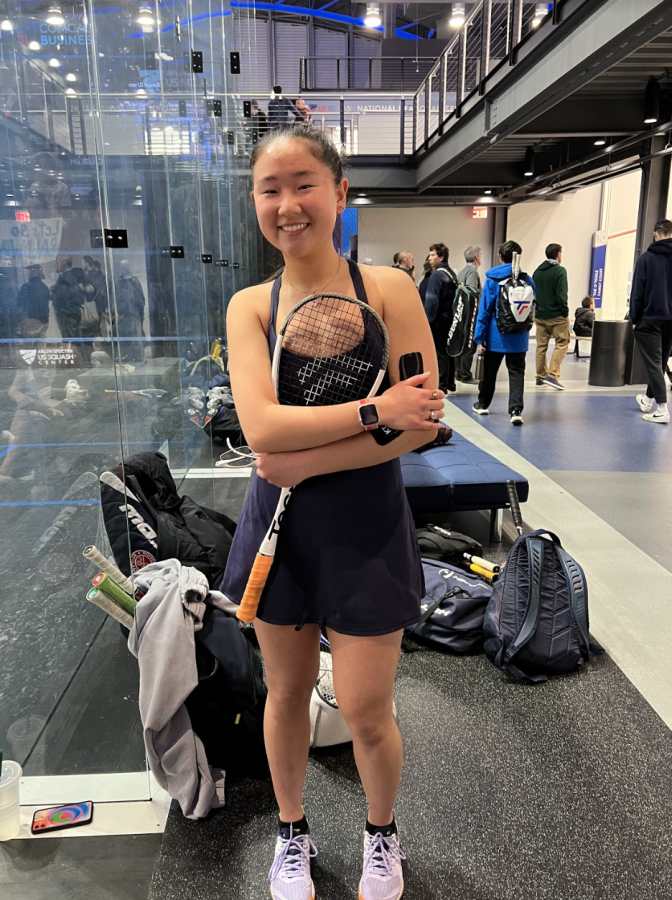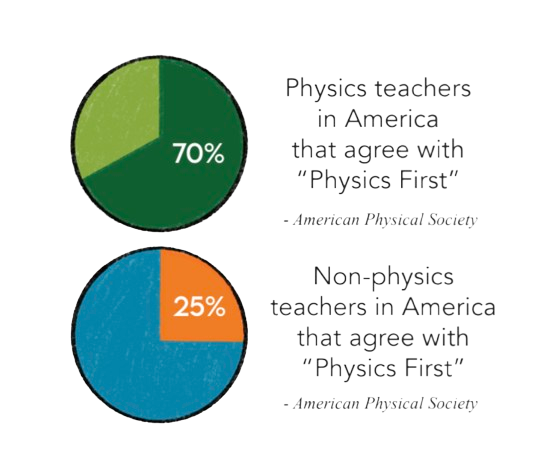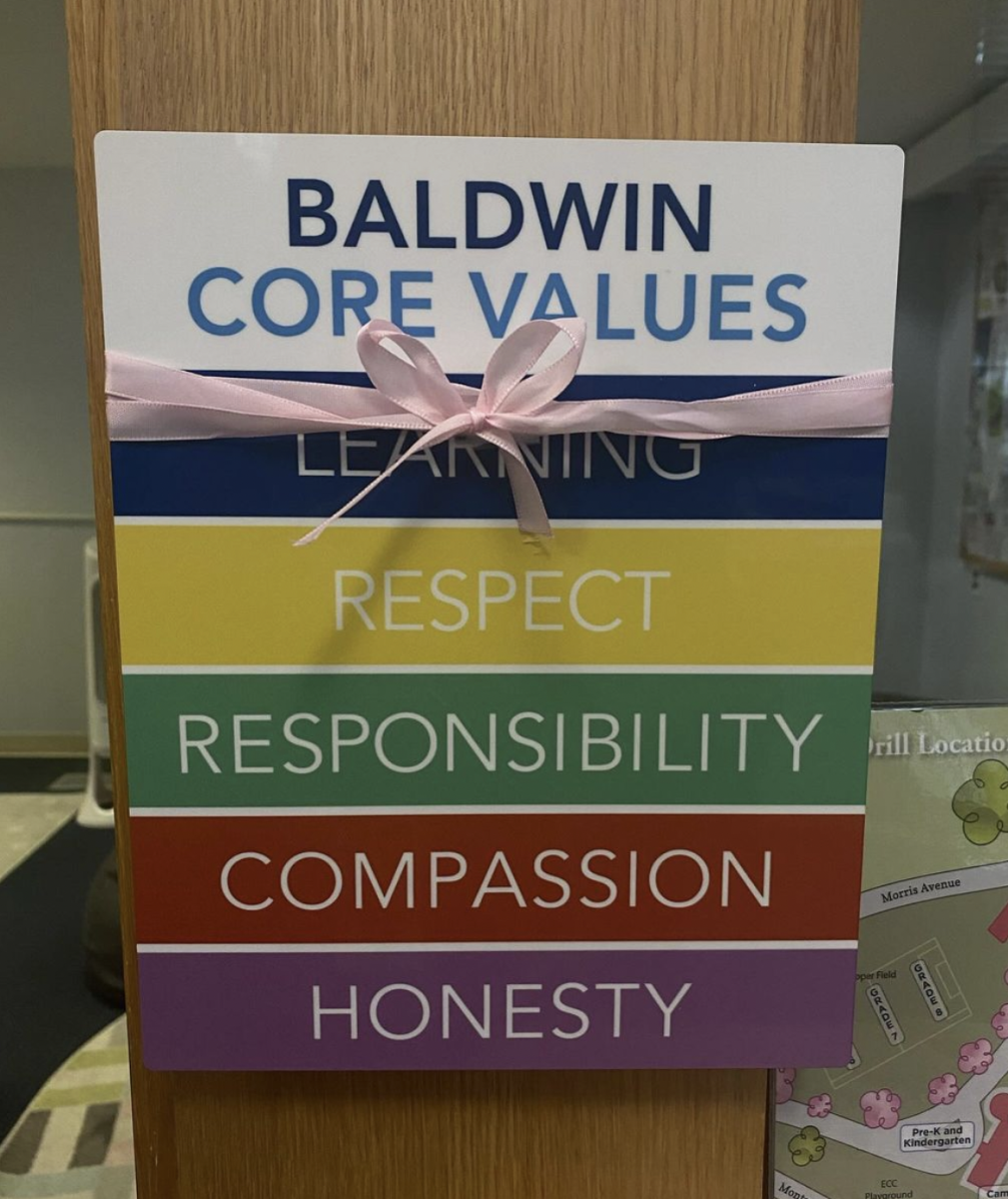At the heart of The Baldwin School lies a commitment to fostering female empowerment and diversity, according to its website. One way these ideals are reinforced is through influential leadership within the school.
As celebrations for both Black and Women’s History Month approach, the Hourglass is taking a closer look at some of the notable Black female leaders at Baldwin and their experiences. Baldwin’s community includes two remarkable Black female leaders, Ms. Ida Malloy, the Coordinator of Civic Engagement, and Ms. Carolyn Jones, the Director of Diversity, Equity, and Inclusion.
Ms. Malloy said she has had to overcome the stereotypes and fixed beliefs people inherently have, she said.
“Black women get pigeonholed into certain roles,” Ms. Malloy said. Despite having worked in a variety of fields, she said she often ended up doing similar things in all of the places she worked due to myths and stereotypes about Black women that were held against her in the workplace.
“If I didn’t do or say certain things, I would be overlooked,” she said.
However, Ms. Malloy said her parents taught both her and her sisters to have the confidence to achieve their goals, and not “let people make [them] go sit in the corner” or be silenced.
“Oftentimes, children who go to independent schools don’t get to see Black and Brown women in leadership roles,” Ms. Malloy said. At Baldwin, there are a “good number of women of color [who hold] key roles,” she said.
“I am happy for the opportunity to be at Baldwin right now,” Ms. Jones, a 1973 graduate of Baldwin herself, said. “With new leadership and focus, we are intent on ensuring all of the distinct voices in our community are heard, and that people feel valued. It was a different experience when I was a student. I was the first Black girl in my class and by the time I graduated, there were only three of us.”
Many times in her career, she found herself being the first or the only Black woman, a position she said still occurs for herself and other Black women. But she added that she appreciates the “duality” of not only being Black but also being a woman. “There have been challenges, of course, but I’ve always used my identities to lead, teach, champion, and model the behaviors that drive diversity, equity, and inclusion.”
“[We are all] comprised of many identities,” Ms. Jones said. “We need to use those identities to show up, be heard, and make positive change in our world.”











